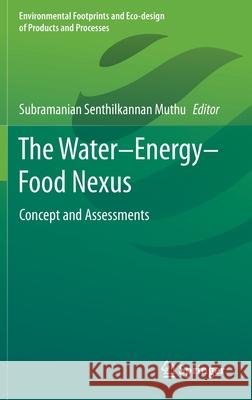The Water-Energy-Food Nexus: Concept and Assessments » książka
topmenu
The Water-Energy-Food Nexus: Concept and Assessments
ISBN-13: 9789811602382 / Angielski / Twarda / 2021 / 216 str.
The Water-Energy-Food Nexus: Concept and Assessments
ISBN-13: 9789811602382 / Angielski / Twarda / 2021 / 216 str.
cena 201,72
(netto: 192,11 VAT: 5%)
Najniższa cena z 30 dni: 192,74
(netto: 192,11 VAT: 5%)
Najniższa cena z 30 dni: 192,74
Termin realizacji zamówienia:
ok. 22 dni roboczych
Bez gwarancji dostawy przed świętami
ok. 22 dni roboczych
Bez gwarancji dostawy przed świętami
Darmowa dostawa!
Kategorie:
Kategorie BISAC:
Wydawca:
Springer
Seria wydawnicza:
Język:
Angielski
ISBN-13:
9789811602382
Rok wydania:
2021
Wydanie:
2021
Numer serii:
000772921
Ilość stron:
216
Waga:
0.50 kg
Wymiary:
23.39 x 15.6 x 1.42
Oprawa:
Twarda
Wolumenów:
01
Dodatkowe informacje:
Wydanie ilustrowane











